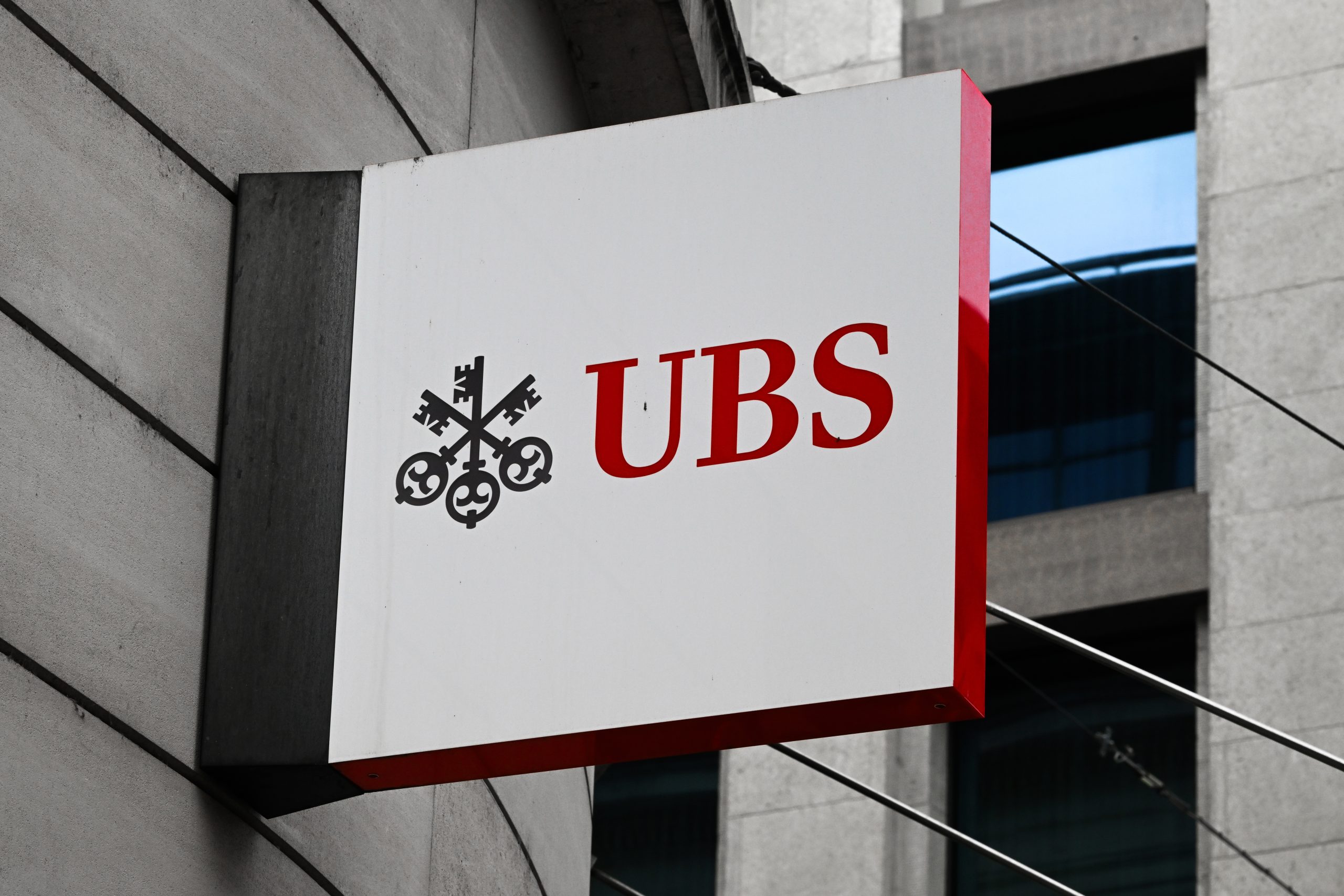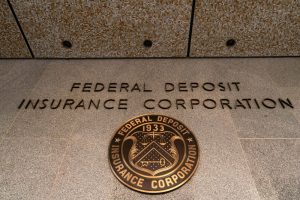
Business
In recent months, global banking giant UBS has come under growing pressure from the Organisation for Economic Co-operation and Development (OECD) following claims that its passive investment strategies may expose clients to companies linked with human rights violations. The case highlights a growing debate within the banking and investment sectors: how responsible should financial institutions be for the ethical implications of the assets they manage—especially when those investments are made through index or exchange-traded funds (ETFs)?
Passive investing—where funds track a market index rather than actively selecting individual stocks—has surged in popularity over the past decade. It offers investors diversification, lower management fees, and exposure to broad market performance. However, as more money flows into passive products, critics argue that investors may unknowingly finance companies involved in environmental damage, labor exploitation, or unethical business practices.
In the case of UBS, the OECD review focuses on whether the bank’s index-tracking funds are sufficiently screened for human rights risks. While passive managers often claim limited control over individual stock selection, regulators and advocacy groups are increasingly challenging that argument. They argue that even index investors hold influence through their voting power and stewardship policies.
For everyday clients, the UBS case underscores an emerging dilemma: balancing returns with responsibility. Retail and institutional investors alike are becoming more aware of how their savings—whether in a pension fund, mortgage offset account, or checking account-linked ETF—may contribute to global challenges. The growing demand for sustainable investing has led to the rise of “ESG” (environmental, social, and governance) products, but not all such funds meet the same ethical standards.
As scrutiny intensifies, clients may start asking tougher questions: How transparent are their banks about investment exposure? Are “green” and “socially responsible” funds truly aligned with their stated principles? The answers could reshape customer trust and influence where deposits and long-term savings are directed.
For UBS and other major banks, this OECD review is more than a reputational issue—it represents a potential shift in how global banking regulation evolves. If the OECD pushes for stricter due diligence requirements, financial institutions could face higher compliance costs and tighter disclosure obligations across credit, deposit, and investment activities.
Digital banking platforms and wealth management divisions will likely play a key role in implementing these changes. Technology can improve transparency, enabling investors to view in real time which companies their money supports. However, it may also require significant investment in data systems and risk-monitoring tools, adding further complexity to bank operations already adapting to changing interest rate environments and tighter credit conditions.
The UBS case reflects a broader trend in global finance—where accountability and profit increasingly intersect. As regulators demand that banks not only manage credit and liquidity risk but also assess ethical exposure, the traditional boundaries between finance and social responsibility continue to blur.
For investors, this evolution suggests that sustainable finance is no longer a niche interest but a structural expectation. For banks, it’s a reminder that transparency and ethical governance are now integral to competitiveness in a digital, globalized market.
Key Insight: The OECD scrutiny of UBS may serve as a turning point for how passive investments are managed worldwide. Banks that integrate ethical due diligence into their investment and lending decisions could gain long-term trust and resilience. For depositors and investors, asking where and how their money is deployed has never been more relevant—not only for financial returns but also for shaping a more accountable global economy.
 Previous Post
Previous Post
SKN | New Survey to Analyze Swiss Wealth Managers Amid Regulatory Squeeze
 Next Post
Next Post
SKN | FDIC’s Hill Faces Discontent Over Workplace Culture Effort, Job Cuts

February 23, 2026

February 23, 2026

February 21, 2026

February 21, 2026